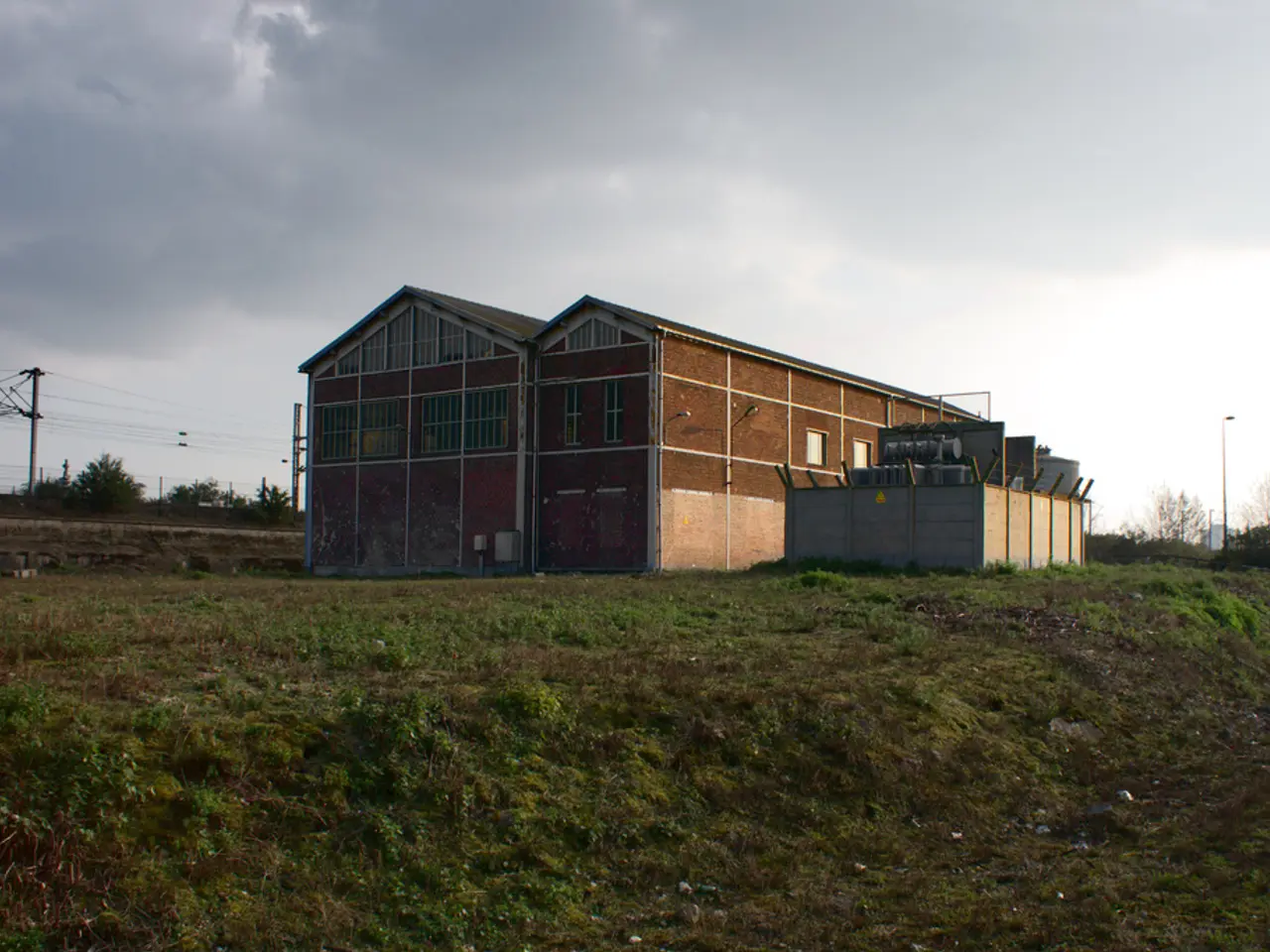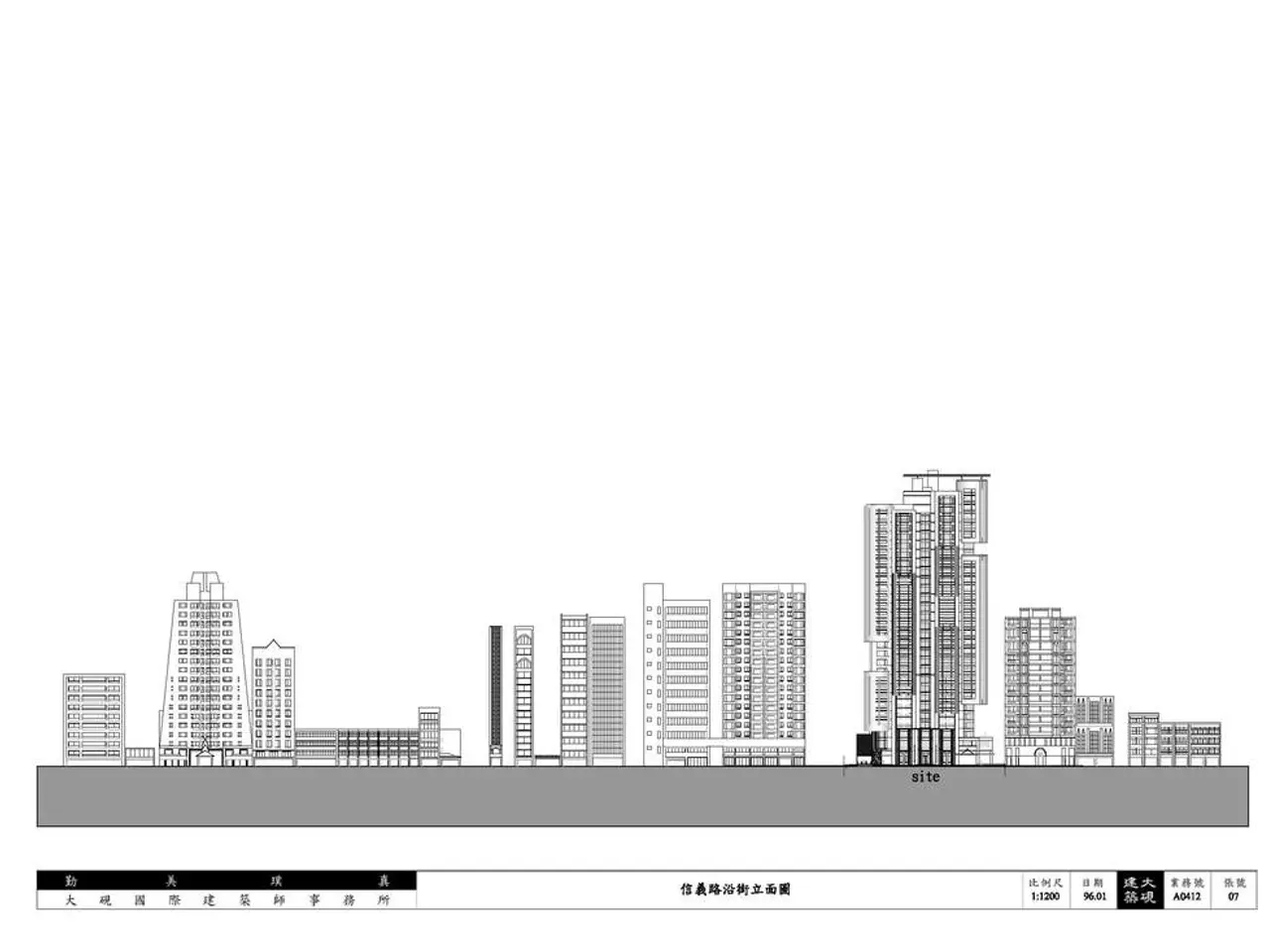Stocks in Europe End the Day with Wide-ranging Declines
In the heart of July 2025, European stock markets find themselves in a state of flux, with the looming tariff deadline set by the Trump administration and ongoing trade negotiations casting a long shadow over the financial landscape.
The U.S. decision on whether to extend, modify, or reinstate tariffs beyond the current 10% baseline rate, due on July 9, has sparked a wave of uncertainty and potential volatility across European markets. This apprehension stems from the possibility of "snapback" tariff hikes or new punitive tariffs against trade partners, with the European Union being the most likely target given the intricacies of transatlantic trade relations and the political challenges within Europe.
This uncertainty is further compounded by the EU's firm stance on negotiating trade terms, particularly regarding technology regulations. Brussels has unequivocally refused to renegotiate its Digital Services Act, Digital Markets Act, and AI Act as part of trade talks, signalling a reluctance to compromise on key regulatory frameworks. This hardline position could complicate broader trade agreements and fuel investor caution in sectors sensitive to digital and tech regulation.
Recent talks suggest a mixed outlook for resolution, with some progress toward a political understanding to resolve long-standing tariff disputes, such as the 25% car import tariff imposed by the Trump administration. This tentative path to a headline deal may provide some relief to European markets, but the overall market atmosphere remains fragile.
Against this backdrop, the UK factory sector has shown some resilience, with the PMI for June indicating a slower pace of deterioration compared to previous months. In Germany, new orders rose at the strongest pace since March 2022, offering a glimmer of hope amidst the broader economic uncertainty. However, the HCOB France Manufacturing PMI dropped to 48.1 in June, marking the steepest contraction in four months.
In the UK market, the FTSE 100 closed up 0.28%, while the U.K.'s house prices advanced 2.1% year-on-year in June, albeit slower than the 3.5% increase seen in May. Inflation in the Eurozone held steady at 2.3% in June, while the pan-European Stoxx 600 fell 0.21%.
Among individual European markets, Switzerland's SMI gained 0.35%, while Belgium, Greece, Iceland, Portugal, and Turkiye closed higher. However, Russia and Spain edged down slightly. Notable gains were seen in the UK market, with Diageo climbing 3.75% and Whitbread advancing 3.4%.
In Germany, Adidas, Zalando, and Bayer gained 3.5 to 4.2%, yet Siemens Energy fell nearly 6%. The French market saw Thales end more than 5% down. Other European markets, including the Czech Republic, Denmark, Finland, Ireland, Netherlands, Norway, Poland, and Sweden, ended weak.
As the July 9 tariff deadline approaches, European stock markets continue to navigate this turbulent landscape, with investors bracing for potential tariff reinstatements or escalations, balanced against the hope for diplomatic agreements, particularly on automotive tariffs. The net effect is increased market uncertainty and cautious investor sentiment across European equities.
The volatile state of European markets, driven by the looming tariff deadline and ongoing trade negotiations, is resulting in increased uncertainty within the business and finance sectors. This apprehension, coupled with the EU's firm stance on digital regulation, could potentially lead to investor caution in industries sensitive to digital and tech regulations.





